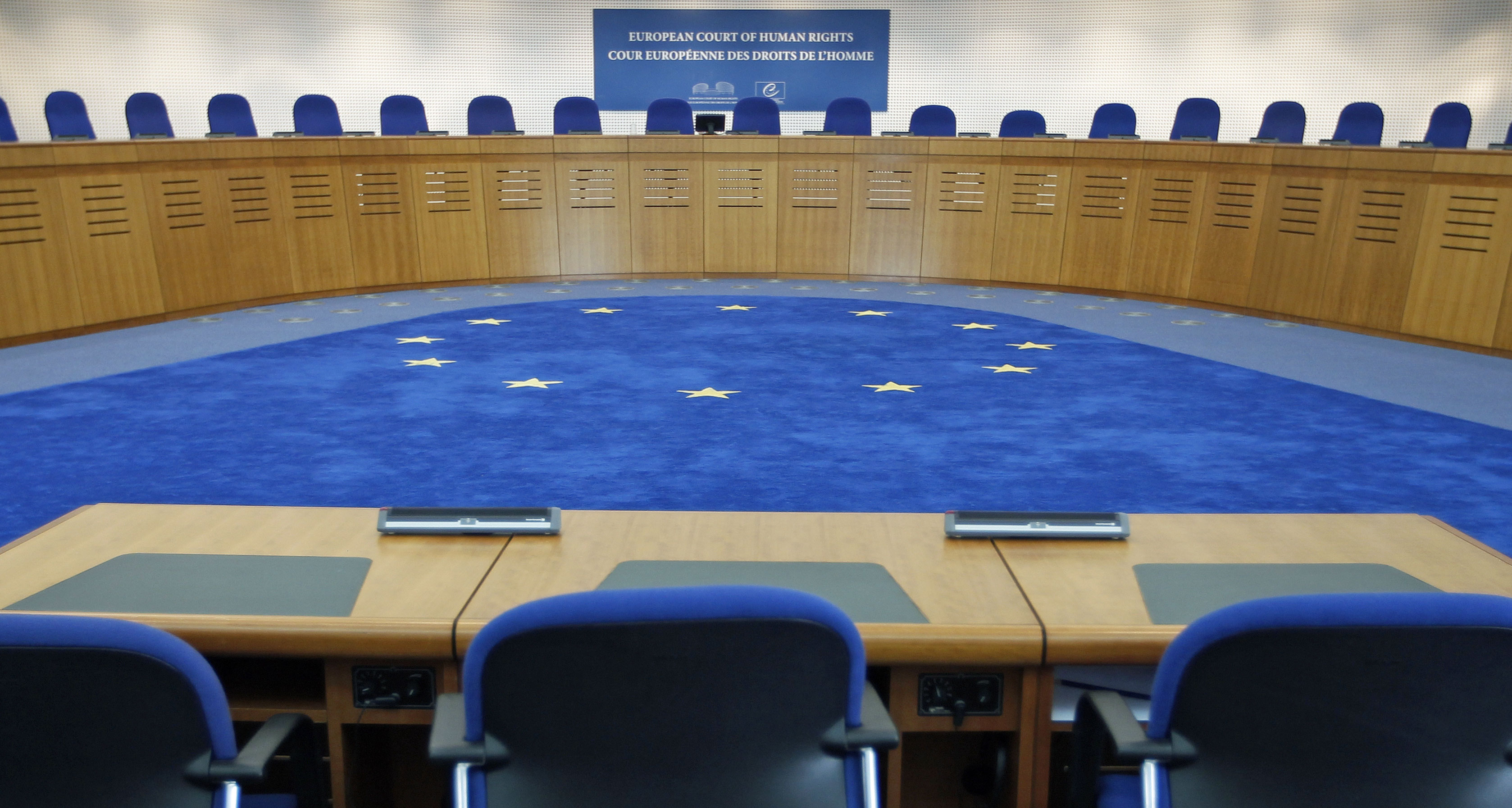UK human rights commission fails to agree on bill
An independent review to decide if Britain needs its own bill of rights to reclaim power from Brussels has failed to reach a unanimous conclusion.

A commission made up of legal experts was set up to examine the case for a British bill of rights by David Cameron and Nick Clegg 18 months ago. Seven of the nine legal experts believe there is a strong case for a UK bill of rights but two opposed the move, warning it is “possibly even dangerous, with unintended consequences”.
Commission chairman Sir Leigh Lewis has said: “We hope that our report, based as it is on extensive consultation, will help people to reach an informed view on the issues it covers.
“We are united in believing that there needs to be respect for the existence of different intellectually coherent viewpoints in relation to the human rights debate, and in believing that the debate needs to be well informed and not distorted by the stereotypes and caricatures that have all too often characterised it in recent years.”
‘Waste of time’
The commission was to decide whether a UK bill of rights should replace the human rights act brought in by Labour in 1998. However, one member quit last March claiming it was a waste of time.
Dr Michael Pinto-Duschinsky said he resigned because it was “clear the commission would barely discuss the prime minister’s central concern” – referring to issues such as prisoners’ votes being decided in parliament rather than court.
The seven other commissioners had written to the justice secretary claiming Dr Duschinsky was “impeding its progress”.
The commission faced criticism from the prime minister for its slow progress in coming to a conclusion, and recent reports had suggested the panel was divided.
All the members of the commission believe that any debate on a bill of rights must be sensitive to devolution and the possibility of Scottish independence.
The report is clear that it does not want to interfere in the separate Northern Ireland bill of rights process.
Respect for ECHR
The terms of reference for the inquiry state that the European convention on human rights must be respected: “The commission will investigate the creation of a UK bill of rights that incorporates and builds on all our obligations under the European convention on human rights.”
The commission was mandated to ensure “these rights continue to be enshrined in UK law, and protects and extend our liberties”.
Writing in the Daily Telegraph today, Justice Secretary Chris Grayling said that the European court of human rights pries “more and more into matters that should be routine issues for national courts and parliaments to deal with,” setting itself up “as a supreme court for Europe”.
“The British people are rightly fed up with seeing people who represent a terrorist threat to this country, and who very publicly state their hostility to our society, coming back to court again and again, and using the human rights convention as a justification for allowing them to stay in Britain”.
Mr Grayling affirmed the Tories’ commitment to the importance of human rights but claimed people should not be able to use “the right to family life as an excuse for operating outside the norms that apply to most people in our society”.
“I also think that in future there needs to be an absolutely clear balance between rights and responsibilities in law. ‘I know my rights’ has to stop being an defence against unacceptable behaviour.”
The commission will also tackle how a new British bill of rights could set out in British law how principles of the European convention should be applied in this country.